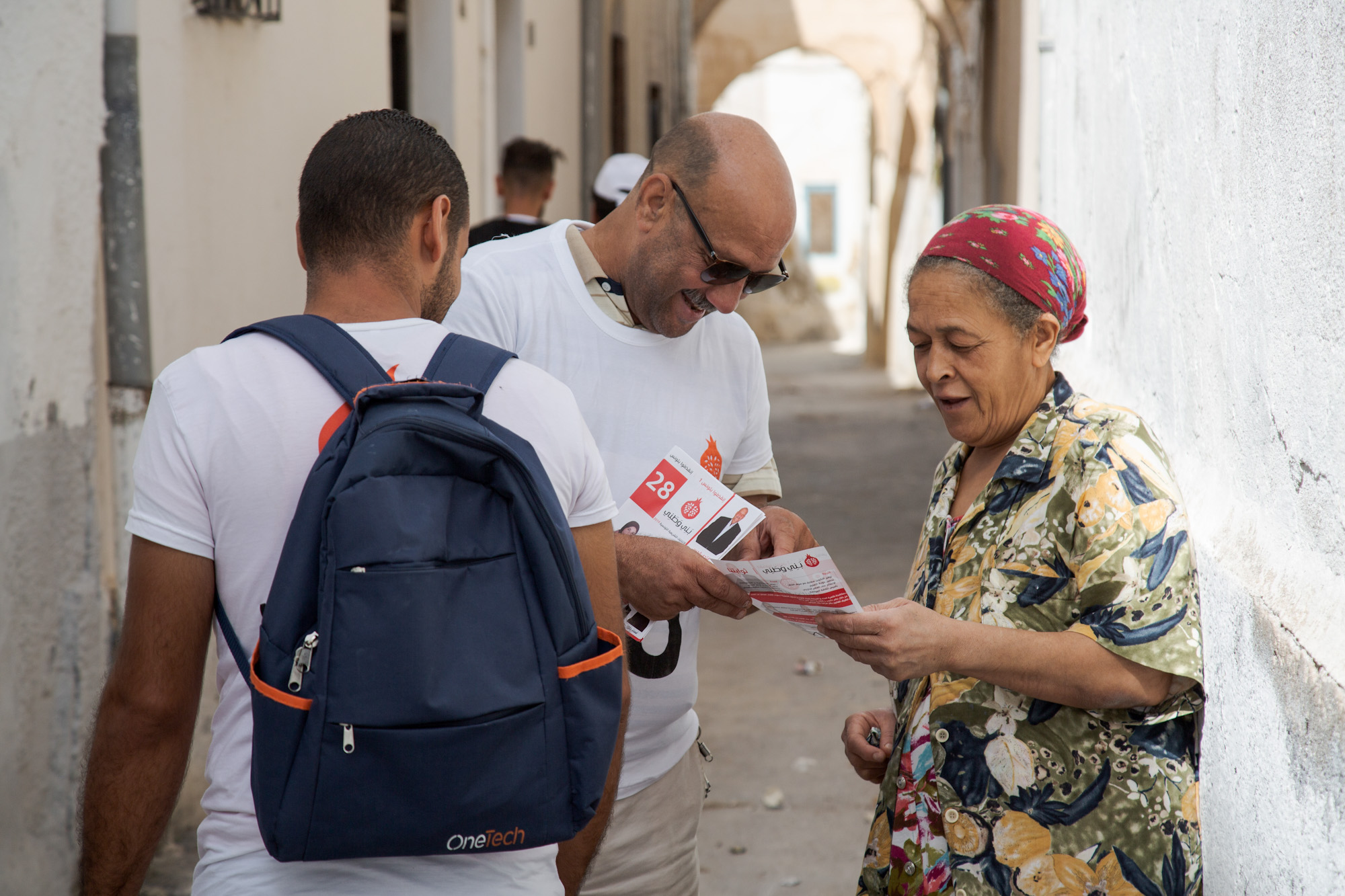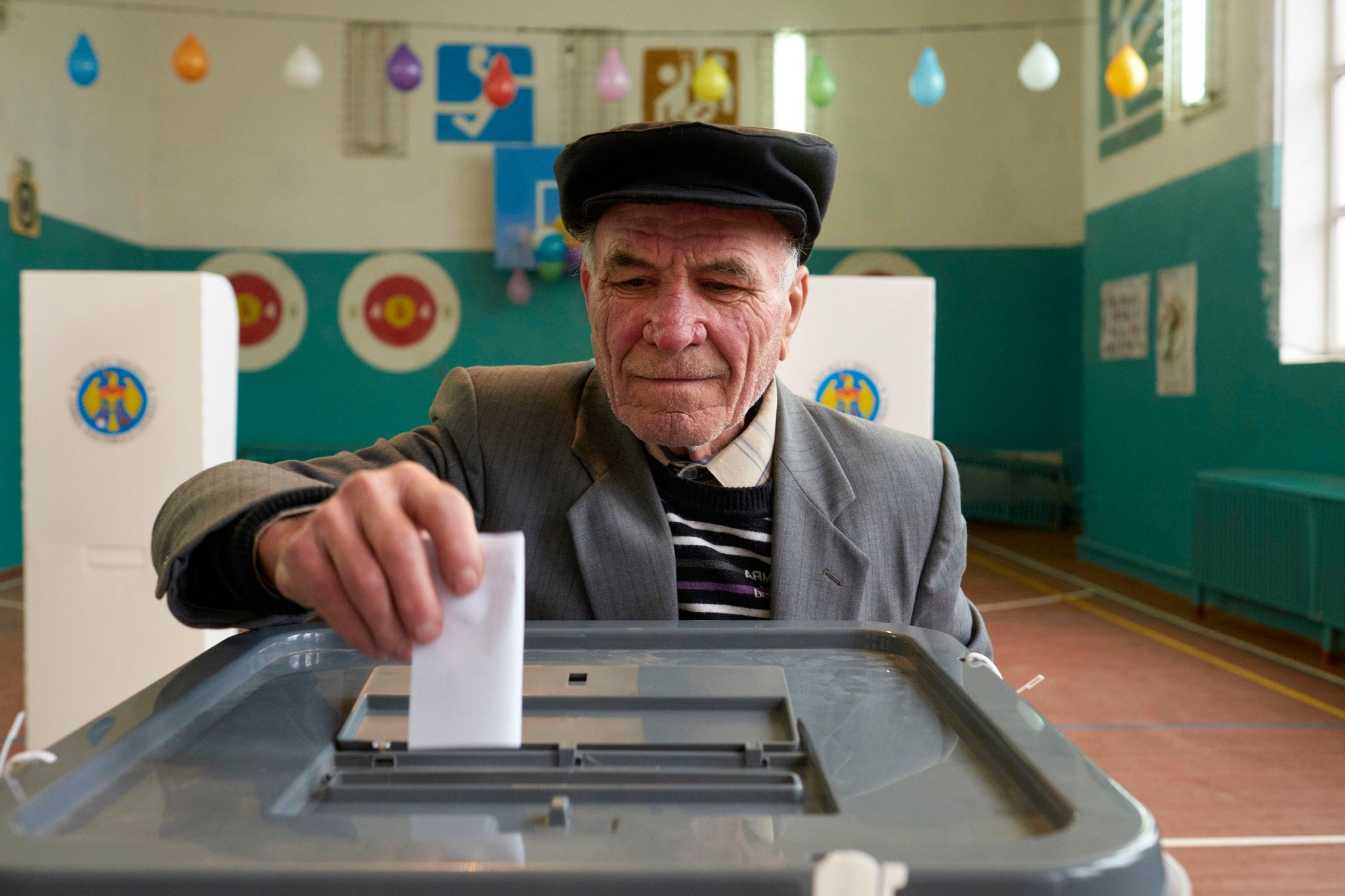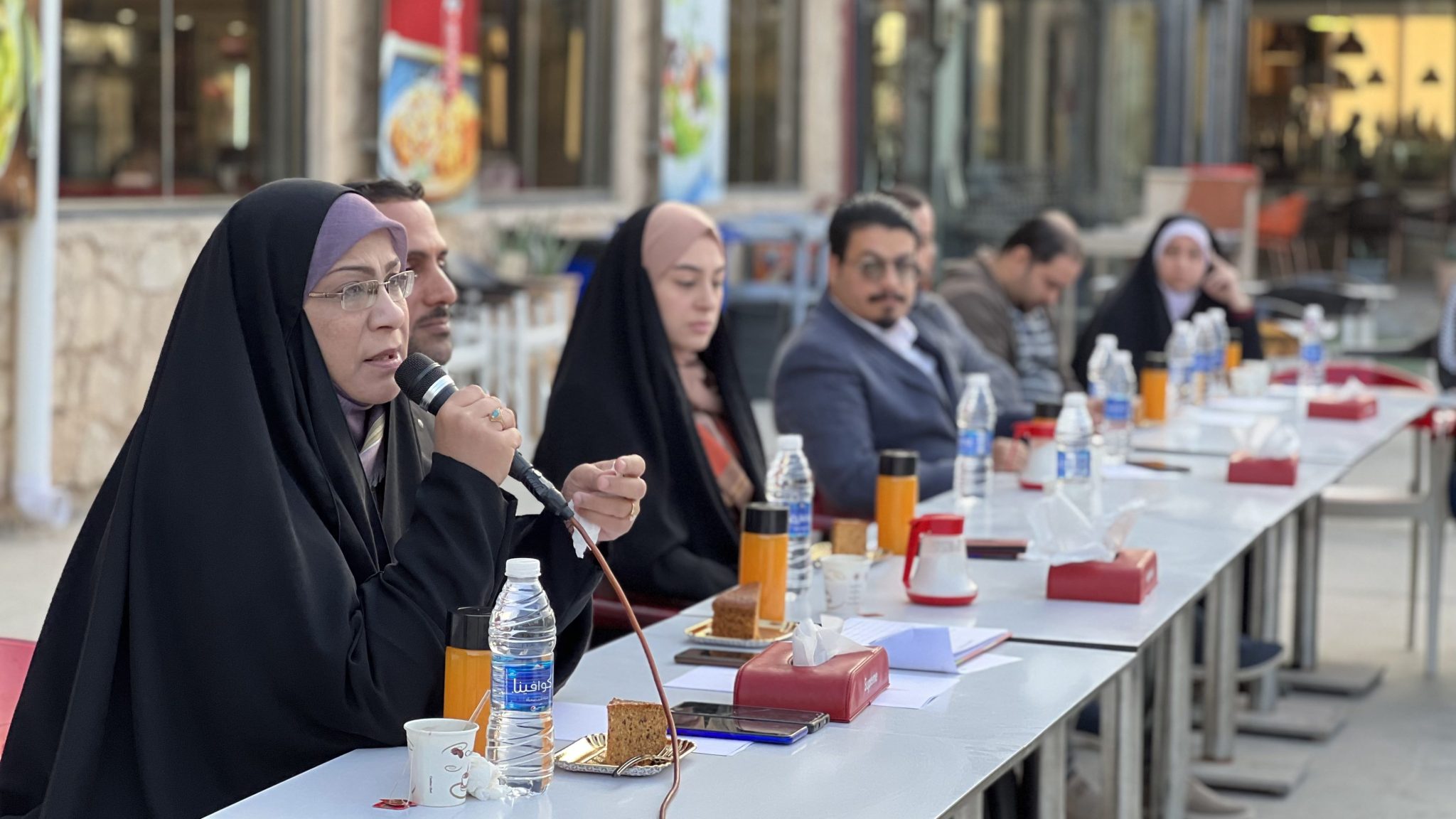Our Results
We have seen up close the dedication of IRI’s partners in more than 100 countries to building a freer world. In our political party strengthening programming, free and fair elections work, and beyond, we apply our more than 40 years of experience to help partners develop their democratic institutions and, in so doing, advance the interests of the free world.


IRI Impact Report 2024
In fiscal year 2024, IRI’s work in 100 countries pushed back on authoritarian overreach, strengthened political parties, bolstered citizen organizations, and empowered women and youth.

IRI Impact Report 2023
In fiscal year 2023, IRI worked in more than 100 countries to strengthen political parties, citizen organizations, communities, and in other areas essential to democratic governance.
IRI’s Key Impact Areas 2024
- Strengthening Political Parties
- Empowering Citizen Organizations
- Free and Fair Elections
- Empowering Government and Elected Officials
- Promoting Political Participation
- Fighting Corruption and Kleptocracy
- Countering Foreign Authoritarian Influence
- Employing Technology for Democracy
- Using Polling Data to Improve Responses to Citizen Needs
Strengthening Political Parties so They Represent Citizen Priorities
101Political Parties
20Countries
446Policies and Practices
IRI supported 101 political parties in 20 countries and worked with 8,297 political party members, including more than 4,000 women. With IRI’s assistance, these parties improved their internal operations, boosted competitiveness, and strengthened leadership practices by revising or creating 446 party policies and practices.
Enhancing Citizen Organization’s Accountability Role
2,921Civil Society Activists
17Countries
863Advocacy Initiatives
IRI supported 2,921 civil society activists in 17 countries as they co-designed, researched, built consensus for, and implemented 863 advocacy initiatives.
Free and Fair Elections
259Election Observers
31Countries
155.86kIndividuals
104Recommendations
IRI reached 155,863,905 individuals through voter and civic education in 31 countries, developed 104 recommendations to improve electoral processes, and sent 259 election observers to monitor 7 elections in Bangladesh, Democratic Republic of Congo, Georgia, Mauritania, Moldova (twice), and Mozambique.
Empowering Government and Elected Officials to Lead Responsively and Transparently
2,324Elected Officials
49Countries
605Pieces of Legislation and Policy Documents
IRI worked with 2,324 government and elected officials, including 591 legislators, across 49 countries; with that support, these officials wrote or revised 605 pieces of legislation and policy documents.
Promoting Women’s and Young People’s Political Engagement
286,000Women
200,000Youth
IRI supported more than 286,000 women and more than 200,000 youth with training, mentorship, leadership development, political skills building, and peer exchanges.
478Initiatives and Policies
IRI also helped political parties develop 478 initiatives and policies to improve participation or representation of traditionally marginalized groups, including women, youth, and persons with disabilities.
Fighting Corruption and Kleptocracy
9,200Individuals
IRI’s anticorruption and transparency programs reached over 9,200 individuals across 9 countries in Africa, Asia Pacific, Latin America, and the Middle East, underscoring our unwavering commitment to the fight against corruption.
Employing Technology for Democracy
2,485Individuals
11Countries
IRI supported 363 people from 11 countries with training and coaching on digital literacy, cybersecurity, digital transformation, and information integrity best practices. IRI also developed a white paper on the threats and opportunities for generative artificial intelligence (GenAI) for democracy.
Using Polling Data to Improve Responses to Citizen Needs
57Polls
28Countries
100,000Individuals
IRI conducted 57 polls of nearly 100,000 individuals in 28 countries to better understand citizens’ needs, concerns, and priorities.